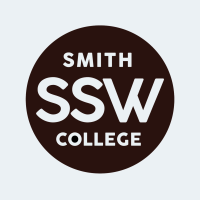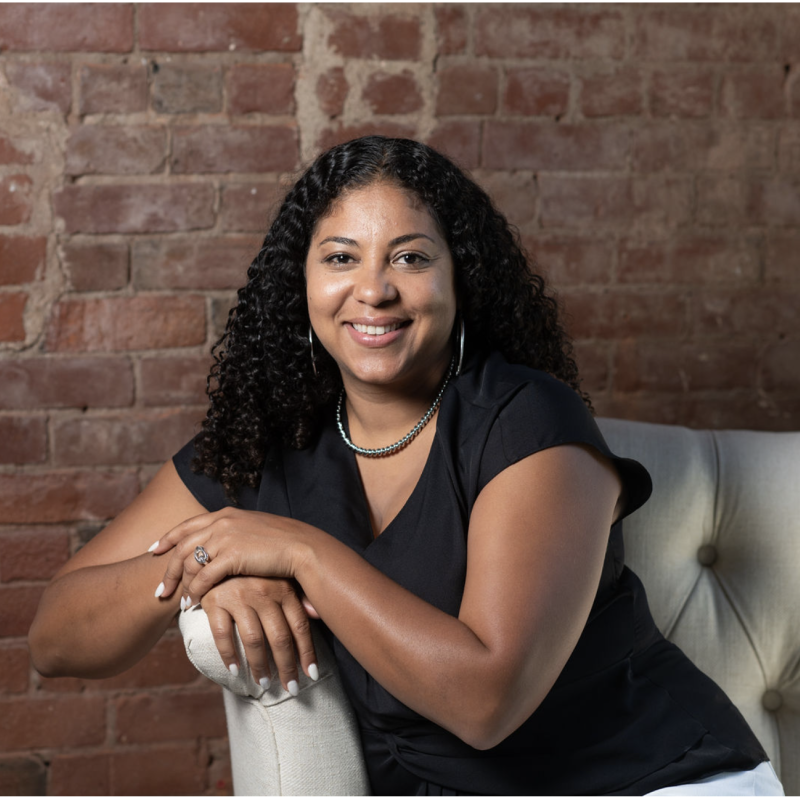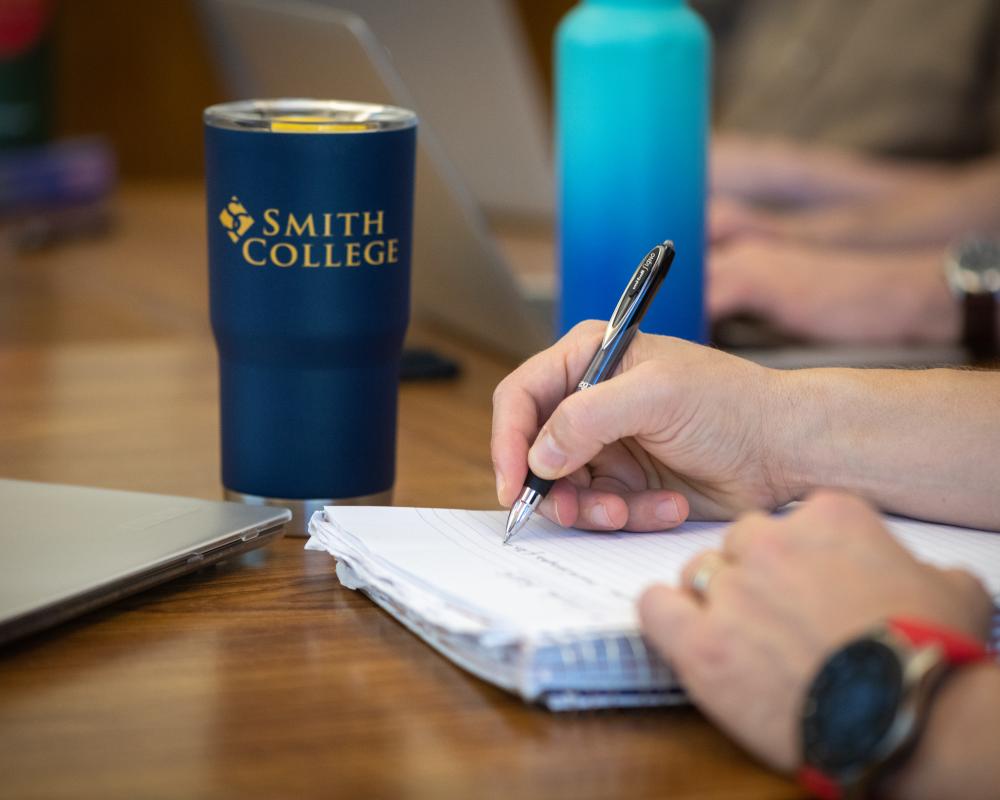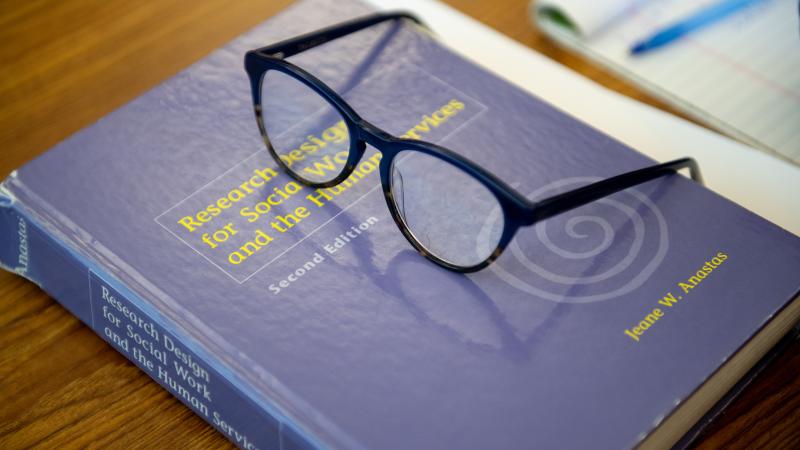
Explore Our Ph.D. Program
Our Ph.D. program prepares advanced clinical scholars and practitioners to contribute to knowledge about clinical social work theory, practice and research.
Our students are trained to be leaders in education, research and scholarship, as well as clinical supervisors, consultants and advanced practitioners.
Graduates of our Ph.D. program are among the faculty of social work schools across the U.S. and abroad. They are some of today's leading clinical social work practitioners and scholars.
Our Five Core Principles
Our School is committed to five Core Principles of racial justice that guide all areas of our programs and work as we constantly strive towards greater anti-racism – an ongoing goal to which the entire School community aspires.

"Much of my social work practice has intersected with the human rights of migrants, displaced peoples, unaccompanied immigrant children, and those seeking safety in both legal and healthcare settings."
Hannah Biskind
Ph.D. Student
Explore the Ph.D. Program

Marsha Kline Pruett, M.S., M.S.L., Ph.D., ABPP

Sharyn Zuffelato


Sarah Duey

Lorelei Erisis

Valerie Nguyễn Hooper

Olivia Morales, M.A.Ed.

“We have this ethical responsibility to both support our patients and also to address the social issues that are reproducing disparities in mental health.”
Jamie Daniels
Student
For questions about the program, curriculum and internships:
Email: sswphd@smith.edu
For questions about applications:
Mon - Fri: 8 a.m. - 4:30 p.m.
Email: sswadm@smith.edu
Phone: (413) 585-7960
Mailing Address: 23 West Street, Northampton, MA 01063
For questions about financial aid:
Student Financial Services
College Hall Room 106
Northampton, MA 01063
Phone: 1-800-221-2579
Email: sfs@smith.edu
Fax: 413-585-2566




